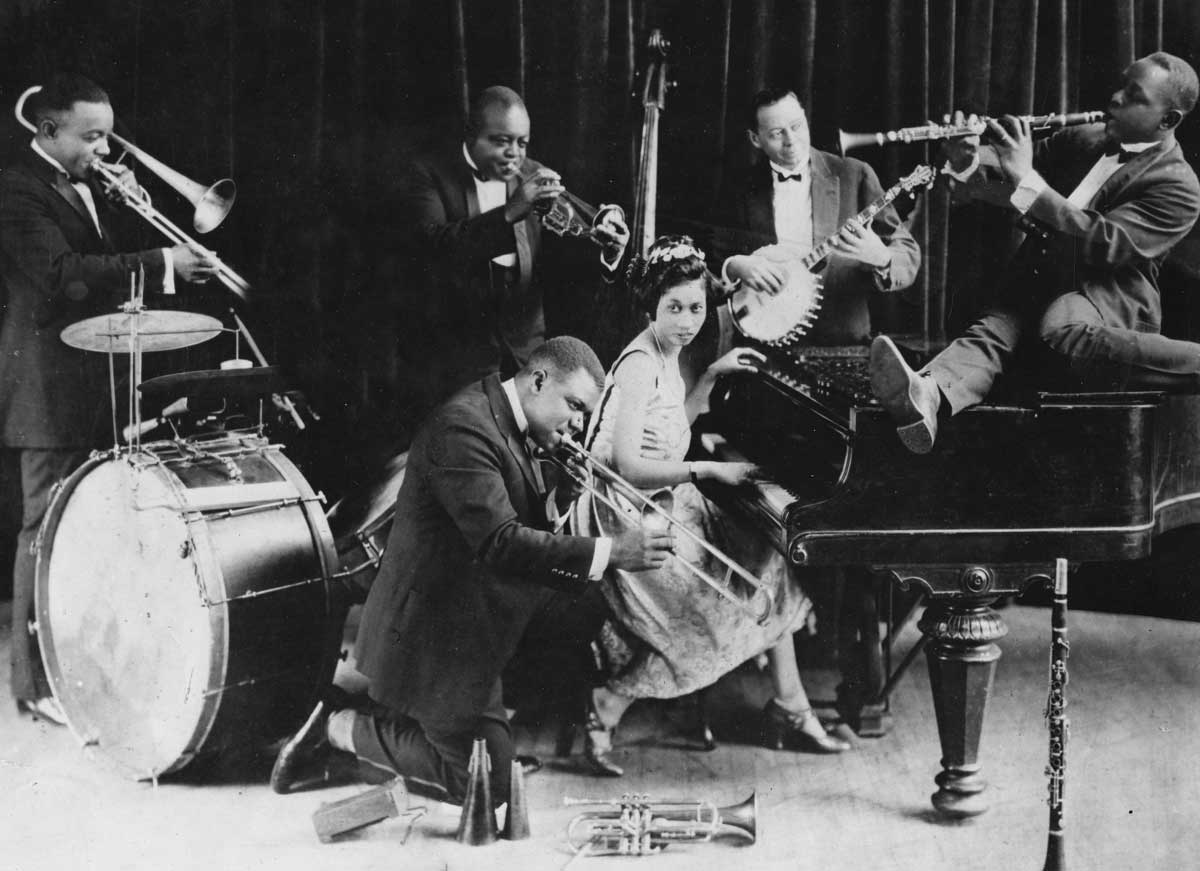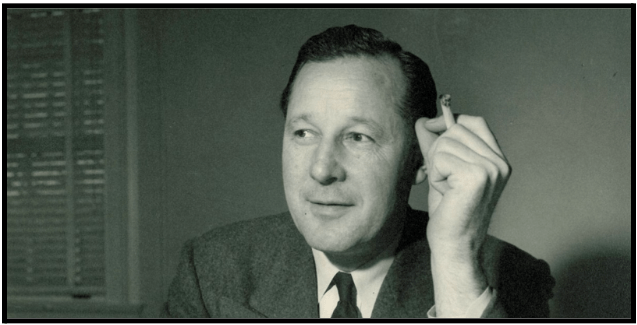Talking Big Ideas.
“First, he read his speech. Second, he read it badly. Third, it wasn’t worth reading.”
~ Winston Churchill
A question I often get: Should a speech be memorized? The answer is worth exploring in detail.
There are five basic approaches we can take whenever we speak:
- READ: Write a script. Read it to the audience.
- MEMORIZE: Write a script. Deliver it from memory.
- JAZZ: A blend between memorized and extemporaneous.
- EXTEMPORANEOUS: Don’t write a script. Organize your ideas into bullet points. Speak from the heart.
- IMPROMPTU: Don’t prepare. Just stand up and go for it.
Most of the time we talk it’s impromptu. Conversations typically aren’t prepared in advance. But right now, let’s focus on formal speeches delivered from a stage. I don’t suggest you try to wing them.
If impromptu is at one extreme, writing out every word and reading it is at the other. This makes sense in certain situations. Say you lead an army and one misspoken word could cause a war to break out.
Alas, Maryrose has informed me that most of the world’s elite military commanders are not subscribers to our newsletter. So which approach is best for you?
Consider Dan Kahneman’s TED talk.
He was told during rehearsal that he could not look at notes on his computer. Despite being a Nobel laureate with countless lecture hours under his belt, he was awkward and uncomfortable during the practice sessions. He repeatedly bumbled and stumbled and stared at the ground.
So the organizers changed the rules to allow Kahneman to read from his computer. He immediately came alive. When he delivered his official talk on stage, computer in front of him, it was brilliant and engaging.
Here’s the moral of the story: The best approach is the approach that best works for you.
What approach makes you come alive? What helps you authentically share your ideas and connect with your audience?
Many excellent talks are scripted. The benefits are clear. Each word is selected and edited; rambling is eliminated; time is optimized; comfort increases knowing your content is exactly how you want it.
The downsides are also clear. If you sound scripted, you are far less engaging. And if you lose track during a memorized speech, you can freeze on stage like a deer in headlights.
These downsides can be eliminated through preparation. Speaking coach Gina Barnett says that scripts must be so well internalized that you can deliver them at double speed. The head of TED puts it this way:
Don’t think of it as reciting the talk. You’re supposed to live it. Embody it….come across as if you are sharing these ideas for the first time.
For every word in your speech that is scripted — whether read or memorized — I encourage you to follow the advice of Bourke Cockran.
He mentored many of last century’s most iconic speakers. Churchill went so far as to say that Cockran had “the single greatest influence” on his life. Cockran’s first rule for effective speaking:
Never, never, never let words out of your mouth when your eyes are looking down.
I worked with an academic once who memorized his entire talk — and then delivered it to the ceiling. It was incredible. Every word, straight up in the air. (Technically he obeyed Cockran’s rule. He wasn’t looking down!)
Salman Khan, founder of Khan Academy, is a brilliant speaker. He refuses to write scripts or memorize anything. Instead, he uses a few bullet points. Khan advises speakers to focus on their ideas and let the words come naturally.
This style, extemporaneous, allows us to be conversational, sound spontaneous, engage with our audience, and feel liberated instead of chained to a written text.
Others believe the ideal is to blur the line between extemporaneous and memorization. The psychologist Dan Gilbert uses a music analogy:
A great talk . . . is precisely like a great jazz performance. First, the opening and closing are always completely scripted; second, the general structure is fully determined before the first horn blows; but third, what makes jazz interesting and captivating is that in the middle there is always some point in which the player can go off script and spontaneously create something that captures the mood . . . at that particular moment.
Martin Luther King Jr. stayed up all night finalizing his I Have a Dream speech. But the finished script didn’t have any of his iconic phrases. “I have a dream,” “when we allow freedom to ring,” and “free at last!” were all improvised.
Listen to King deliver his shiver-inducing closing lines. You can feel the words pouring out of his heart. He’s off script and fully present. The audience is enthralled as King captures the moment brilliantly.
In the end, good speeches are well-prepared speeches. Script or no script, come game day, they all end up at the same place: crushing it on stage.
***
![]() IDEA
IDEA
Find an approach that works best for you. Be open-minded and consider playing jazz.
Think of a time you came alive during a talk. When you crushed it on stage. What approach did you use? How could you tweak it to make it even more effective? Take a moment to capture any insights you draw out.
***
Would you be willing to share your approach with me? Please pass along any insights and rituals you recommend!
If you find this useful, please subscribe to our free weekly newsletter.




